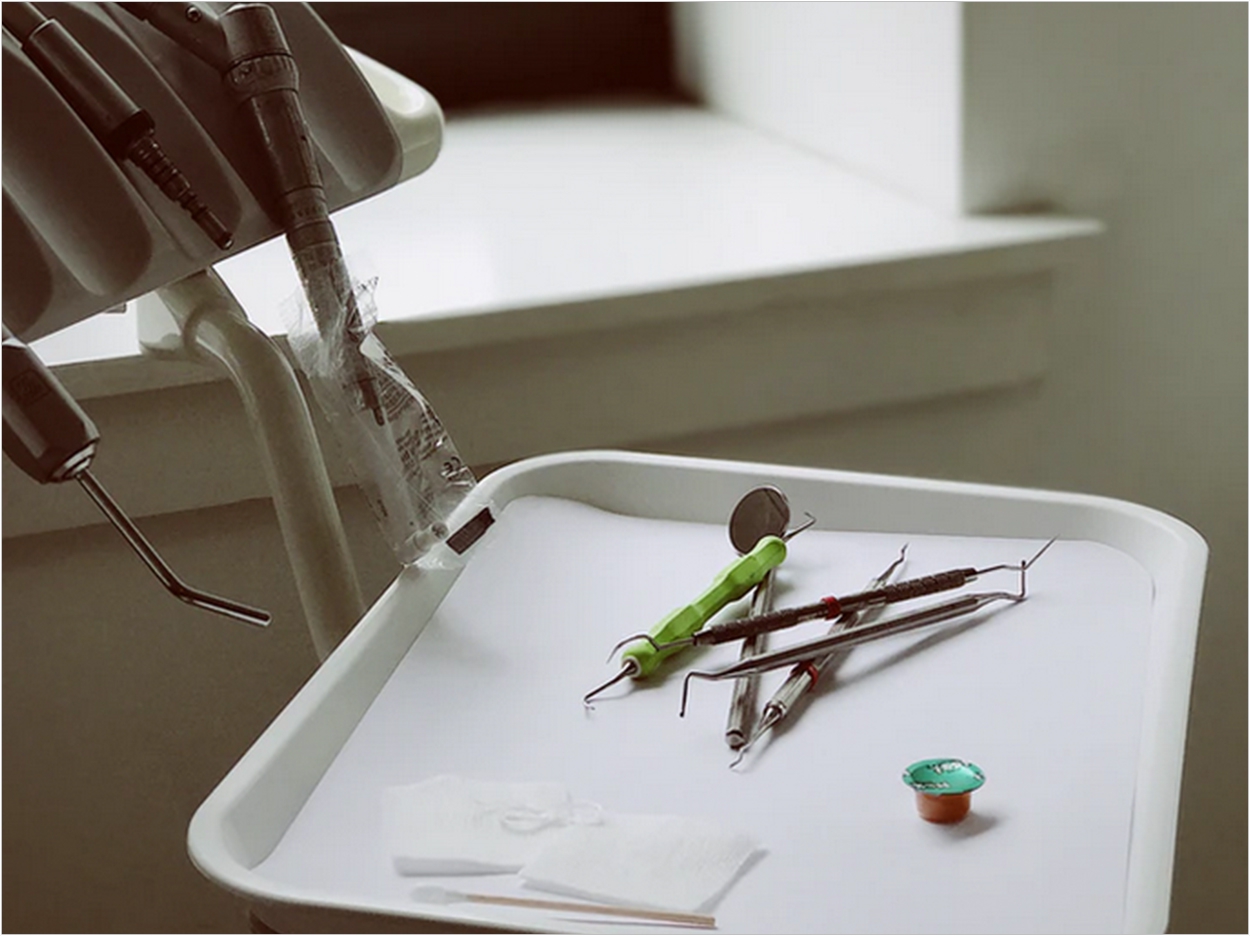
The Harvard School of Dental Medicine (HSDM) and the World Health Organization Regional Office for Africa (WHO AFRO) have partnered to address critical oral health challenges in the African region that have gotten worse due to the COVID-19 pandemic.
The project aims to build on the capacity of primary care workers in oral health promotion and oral disease prevention and control to better address the unmet demand for oral health services and strengthen oral healthcare systems, the partners said.
The team will develop an online oral health training program that will leverage digital technologies and mobile health initiatives for workforce development, the partners said.
HSDM was selected to support the project based on extensive faculty expertise and experience in global workforce development, including in the African region, with existing partnerships in Rwanda, the partners said.
Additional work in this area also includes HSDM’s leadership in the design of the Global Health Starter Kit, an online, open access curriculum now in use in 30 countries, the partners said.
The first phase of the project will involve the creation and implementation of a pilot training program focused on community health workers in Angola, Kenya, Liberia, and Senegal, with a goal to scale to remaining WHO AFRO member states and expand training for additional primary care workers in the future.
“These collaborative efforts are among the first to translate exciting progress in policy and research into practice through responsive workforce capacity building,” said project lead Dr. Brittany Seymour, associate professor of oral health policy and epidemiology (OHPE) and HSDM global health discipline director.
Earlier this year, recognizing the global oral disease epidemic and scarcity of dental human and financial resources available, a WHO resolution prioritized oral health in its global health and development agenda. This call to action emphasized improving oral health as part of universal health coverage and non-communicable disease prevention and control efforts.
Dr. Donna Hackley, an OHPE instructor, also will serve on the project. She has played a significant role in the Human Resources for Health Rwanda, Dentistry program since 2013, HSDM said, where she led the implementation and accreditation of the first dental school in Rwanda.
“We value community-based collaboration and input. Local insight and expertise will be essential to the success of this project,” said Hackley.
Dr. Jane Barrow, associate dean for global and community health and executive director for HSDM’s Initiative to Integrate Oral Health and Medicine, will work with the project team. She initially was involved in the 2011 United Nations Summit on NCDs oral health side session as well as the 2019 UN Summit on Universal Health Care, which drew attention to growing global oral health concerns, HSDM said.
“Our new collaboration with the WHO Regional Office for Africa builds from the 2011 UN Political Declaration on the Prevention and Control of Non-communicable Diseases, which named oral diseases as a major global problem,” Barrow said.
“We will work to align this training program with goals and policies emphasized at the UHC Summit oral health meeting, which include strengthening efforts to address oral health as part of universal health coverage and primary care,” Barrow said.
The workforce training program was initiated within the WHO Prevention of Noncommunicable Diseases, Oral Health Programme. The HSDM team will work with Dr. Yuka Makino, WHO technical officer for oral health at the WHO Regional Office for Africa and author of Ending Childhood Dental Caries: WHO Implementation Manual 2019.
“We are rethinking the future of the oral healthcare system, including through education and training and using digital platforms to improve the capacity of primary care workers as well as taking a more integrated approach to oral health service provision to meet the huge needs,” said Makino.
More than 480 million people in the African region suffer from oral diseases such as dental caries and periodontal diseases, WHO said. However, oral health remains a low priority in many countries, leading to inadequate financial and technical investment that undermine prevention and care services.
Disruptions by the COVID-19 pandemic in the health sector have exacerbated oral health services in the region, WHO said, with approximately 90% of countries responding to a WHO survey reporting a complete or partial disruption of oral health services between February and July 2020. Countries have since made efforts to restore delivery of essential services, WHO said.
The collaboration’s online training will target health workers at the primary care facility level. Africa had 3.3 dentists per 100,000 people between 2014 and 2019, which is almost less than a tenth the global ratio of 32.8 per 100,000, according to the WHO National Health Workforce Account Data Platform.
“Oral health services in most African countries are centered around oral health professionals and oral diseases. This means that there is little collaboration across and beyond health sectors,” said Makino.
“As such, prevention of oral diseases by controlling modifiable risk factors such as tobacco use, alcohol consumption, and an unhealthy diet high in free sugars, which are common to the four leading noncommunicable diseases (cardiovascular disease, cancer, chronic respiratory disease, and diabetes) is difficult,” said Makino.
“I am honored and grateful to be a part of this exciting effort,” said Seymour. “It really is an opportunity to turn vision into reality, to build on the incredible momentum from the United Nations Sustainable Development Goals and Summits. I have high hopes for what we can achieve together for oral health in Africa moving ahead.”
Related Articles
FDI Releases Guidance to Promote Oral Healthcare for Refugees
WHO Calls for Action on Oral Health During World Health Assembly
ACFF Issues Consensus Report for Achieving a Cavity-Free Future












